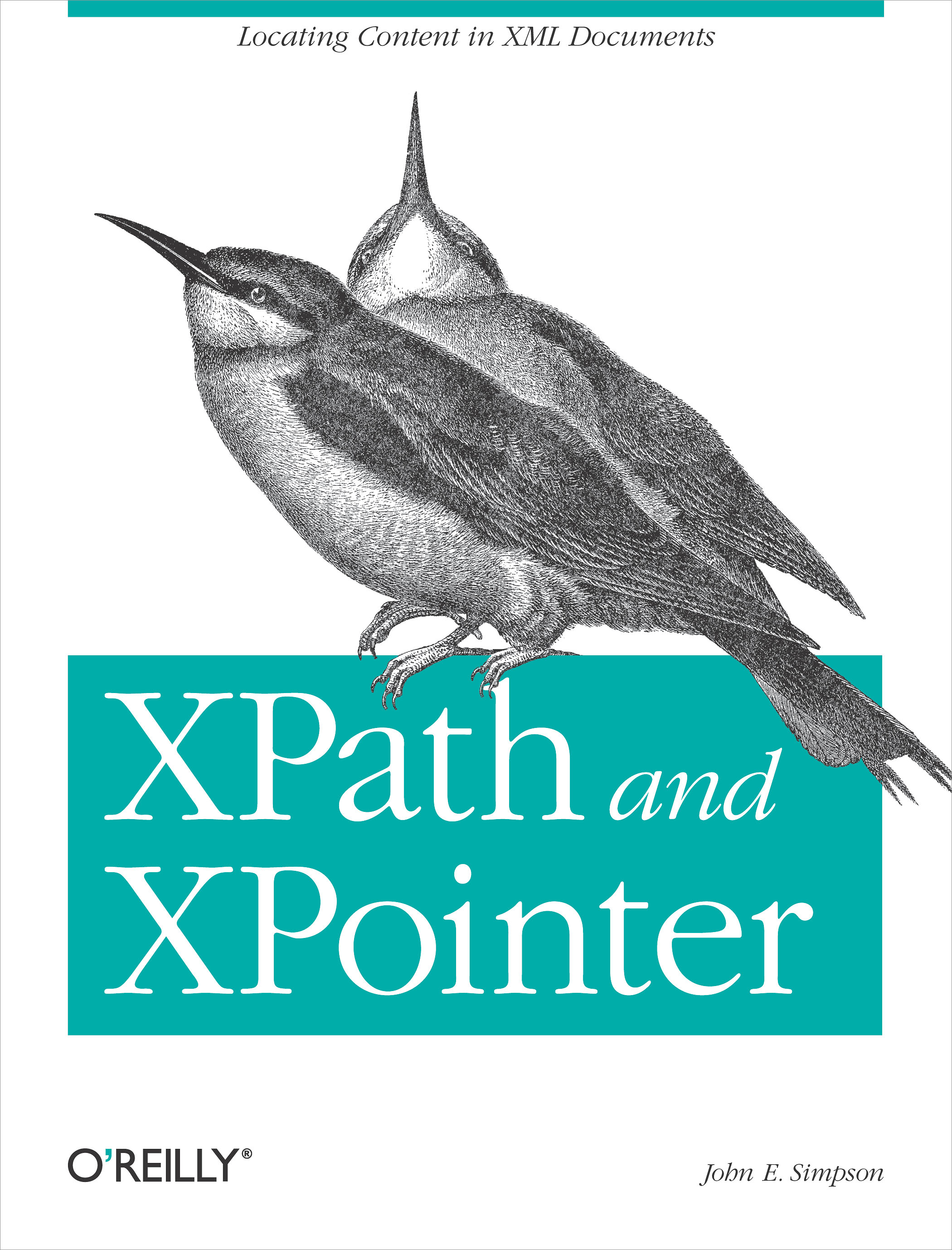An updated edition of the classic text on public administration presents practical steps for managing government effectively in an age of hyperpartisanship. Co-winner of the Louis Brownlow Book Award from the National Academy of Public Administration The traditional theory of public administration is based on entrenched notions of hierarchy and authority. However, as the structure of public work has grown less hierarchical, managers have adopted a wide variety of non-authoritarian strategies. This growing gap between theoretical ideas and actual practice poses enormous challenges for front-line leaders struggling to deal with ever-larger expectations and ever-tighter budgets-and for American government in determining how best to hold public administrators accountable for their performance. The Transformation of Governance offers a new framework for reconciling effective administration with the requirements of democratic government. Instead of thinking in terms of organizational structure and management, Donald F. Kettl suggests, administrators and theorists need to focus on governance, or the links between government and its broader environment-political, social, and administrative-through which social action occurs. In this updated edition, a new epilogue shows Kettl urging political leaders to step back from the political barricades of hyperpartisanship to consider government’s contemporary dilemma: Is there any practical way forward for public administrators to manage government effectively? Reinforcing the ten principles of bridge building which he developed in the original book, Kettl adds an eleventh, which lays out five transformative strategies: redefining public law to promote public accountability; re-conceptualizing government agencies as instruments of leverage; launching government leaders as boundary spanners; using information technology for building authority and trust; and incorporating performance management into processes that drive collab …












